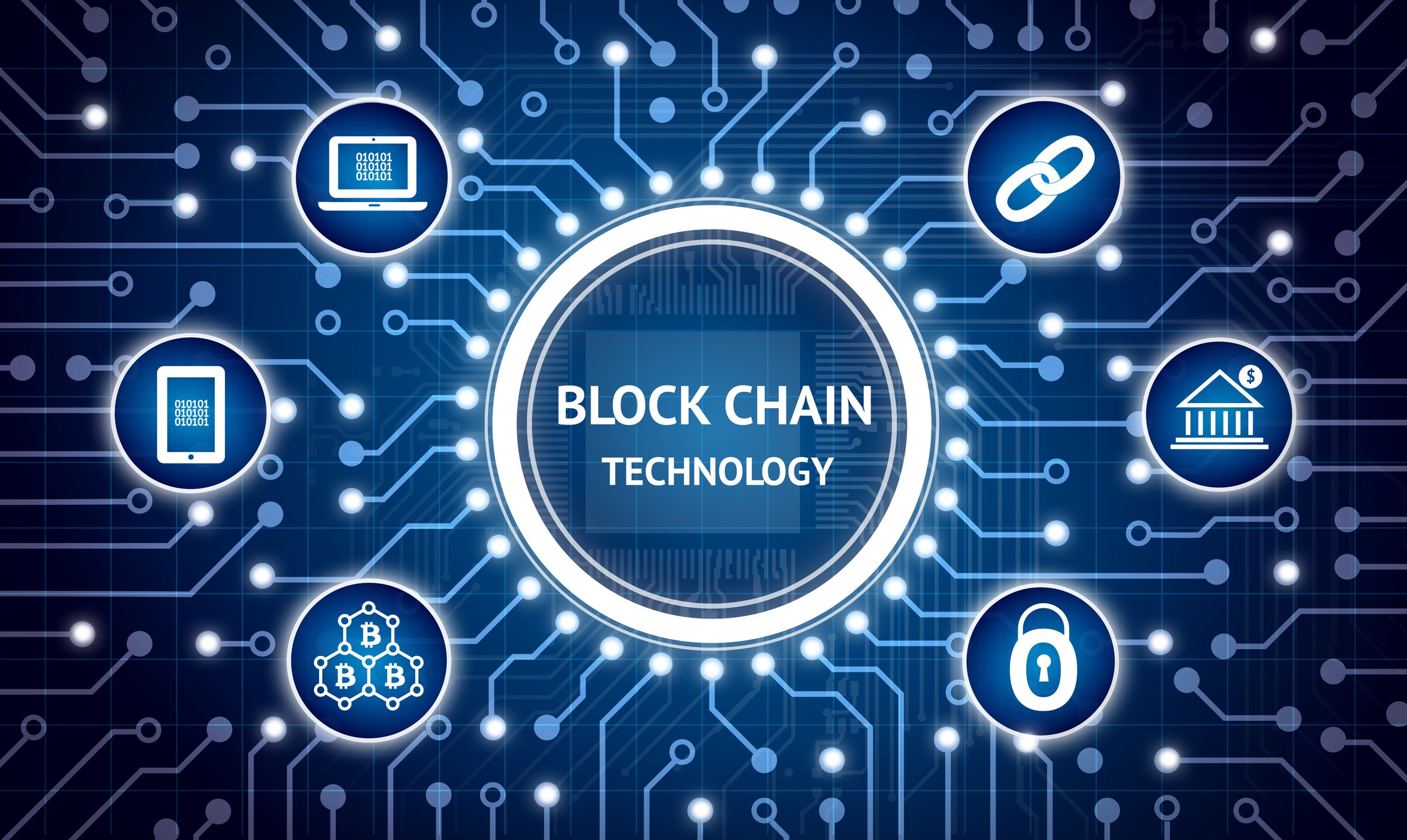What is an Orphan block in Bitcoin and Ethereum blockchain?

Situations, when we don’t get any reward for the complete block, occur very often. This is bad but this is also understandable because some blocks are not included in the Blockchain. In some cases, we have a smaller reward than usual. What are the reasons for this situation? Can we increase our chances to have a great reward?

What is the luck in mining?
Mining isn’t a holy grail and this process is associated with risk. To tell the truth, miners don’t try to solve world problems. They only try to guess because there are a lot of factors that we can’t predict and even recognize in the correct moment.
The difficulty of mining and profitability depend on the time users need to find blocks. All calculations are performed via brute force. There are no magic formulas that can increase the speed of finding blocks. Miner generates random numbers until a task is achieved.
This is easy to understand using real examples. Let’s imagine that we throw the dice with all miners around the world. You have only one graphic card but your friend has nine graphic cards. This is equal to you having one dice and your friend having nine. The chances to win are higher if you have more powerful devices or you are connected to a better pool.
Let’s think further. Every day about 144 blocks are found. Your part of this total amount depends on your hashrate. Every day your efforts can be different. Don’t worry about it. Try again, but there aren’t any guarantees that you will be able to be lucky in the future.
About orphan blocks
We’ve realized that you can only increase your chances but you can’t affect the result only by yourself. For better understanding, let’s describe one example. There are two miners marked with letters A and B. They finished their blocks almost at the same time. The contribution of the first miner was 40 percent, and the second person – 60%.

The first block has got two next nodes and the second three. Which block can pretend to have the reward? The second because it has more nodes. Therefore, the miner who created the first block doesn’t get the reward. He is a very unlucky person. The orphan block is a kind of rejected block.
To sum up, there are three types of blockchain blocks:
- This is a block with a reward. This type is included in the chain. This is a dream of many miners around the world.
- This is a block without a parent. It isn’t connected with other blocks.
- This is a child of an orphan block. This block also isn’t included in the Blockchain and miners don’t get any reward.
What about Ethereum?
The average time of block mining in the Ethereum chain is short in comparison to Bitcoin. The first impression is that it means that there are more orphan blocks that are mined. Fortunately, this is a false statement. Thanks to the GHOST-protocol, people who mine orphan blocks still get the reward but smaller than for normal blocks. This type of block is named differently. These are the uncle-blocks. This is the same as the orphan and stale blocks with the only difference being that miners get the reward even if their blocks aren’t included in the chain.
The size of the reward is variable. There are 7 levels of uncle block nesting. To compare with Bitcoin, the last has one orphan block and six stale blocks. The size of the reward is lessened by 1/8 with each block after the normal block. The amount of money miners have becomes smaller and smaller with every next child. For example, if one normal block brings 3 ETH, the reward of the first uncle block is 2,625 ETH, the second is 1,87 and the reward decreases up to 0,375 ETH.
This is only in the theory. Usually, miners understand that the chain is orphaned through 2 nodes and the program switches to the normal chain mining.
Conclusions
To sum up all said above, there are three types of blocks in Bitcoin Blockchain and two kinds in Ethereum Blockchain. They are mostly similar with small differences. Bitcoin orphan blocks and their children don’t bring any money. Ethereum orphan blocks (named uncle blocks) bring less money.
We see that there is a huge part of luck in mining. We can’t control all aspects of this process. We can only increase the chances, and there are a lot of factors that don’t depend on us.
